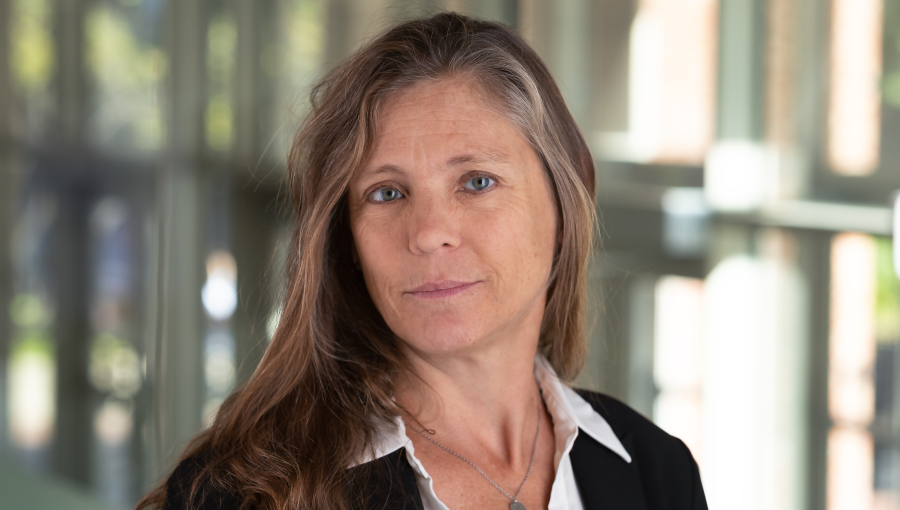JCU Welcomes Glenn D. Tiffert and Kevin R. Gamache for a Talk on Academic Research Security
On November 21, the Guarini Institute for Public Affairs hosted an event entitled “Challenges of Academic Research Security.” The panel discussion featured presentations from Glenn D. Tiffert and Kevin R. Gamache and was moderated by Professors Federigo Argentieri and Enrico Fardella.

Glenn D. Tiffert is a research fellow at the Hoover Institution and is a historian of modern China. He is an expert on the history of the People’s Republic of China, and how the country operates today. Kevin R. Gamache is the Chief Research Security Officer at The Texas A&M University System. He is in charge of protecting academic research for one of the largest higher education systems in the U.S.
This event featured a discussion regarding the challenges of conducting academic research internationally. There was a specific focus on the collaboration between the U.S. and China, as there are many differences between how research is conducted in the two countries.
During the event, the speakers stressed the idea that international collaboration between the U.S. and foreign countries needs to be consistent with U.S. values and its democratic system. This includes values such as openness, ethical research conduct, and transparency. When dealing with China, some of these values are less clear.
China differs in its research due to censorship, its failure to observe and uphold ethical standards, weak reciprocity and transparency, unauthorized knowledge transfers, and malign foreign influence. China and the United States are each other’s number one partners in conducting research, even if the former does not have a liberal and like-minded culture and government. Therefore, the U.S. needs to approach China differently than other countries.
Collaboration is different today than it was in the past when a country could control collaboration through immigration. Today, data is what crosses borders, not people, and it is nearly impossible to regulate and control. International collaboration is extremely important and should be encouraged; however, it needs to be approached in a way that minimizes risks.
The presentation concluded with the notion that the U.S. needs to reengineer how and with whom it conducts research in order to understand and manage risks. More than the government, it should be universities that solve the problems of international research with countries that impose greater risks. Overall, it is extremely important to be able to balance openness and security in academia.
(Hayley Nowak)





